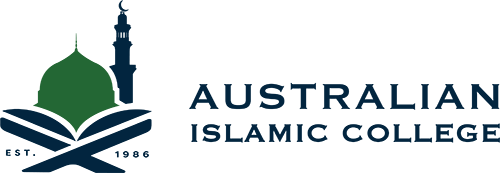High School Curriculum
At Australian Islamic College the curriculum fulfills the requirements of School Curriculum and Standards Authority (SCSA) and Department of Education. Learning experience across eight learning areas are provided to students in Year 7, 8, 9 and 10.
High School Learning Areas
English
The English curriculum is built around three interrelated strands: language, literature and literacy. Together, the strands focus on developing students’ analytical, creative, and critical thinking and communication skills in all language modes namely, listening, reading, viewing, speaking, writing and creating.
Humanities and Social Sciences
The Humanities and Social Sciences are the study of human behaviour and interaction in social, cultural, environmental, economic and political contexts. The Humanities and Social Sciences have a historical and contemporary focus, from personal to global contexts, and consider challenges for the future.
Vocational Education and Training
Vocational Education and Training (VET) department at the Australian Islamic College has again achieved a 100% success rate last year which not only made students who completed a Vocational Education course job ready with all the necessary skills in their chosen course, but played a major role for many in achieving their WACE graduation certificates last year.
Arabic
AIC offers compulsory Arabic courses for Years 7 to 9 students and electives for Years 10, 11 and 12. There are three Arabic teaching levels (Beginners, Intermediate and Advance) provided to students. Years 11 and 12 Arabic courses, ATAR (Australian Tertiary Admission Rank) can get 10% bonus point in ranking in their WACE results.
Electives Year 9 and 10
Australian Islamic College offers a wide choice of elective subjects for its students.
In Year 9 and 10, all students are required to study certain disciplines designed to provide foundational knowledge, skills and understanding expected in the courses of study in Year 11 and 12.

